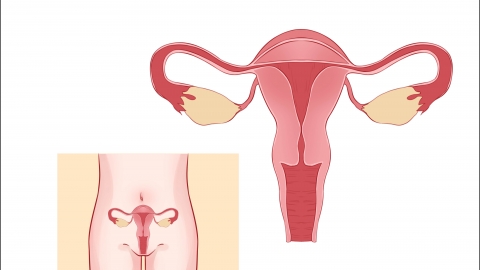What are the symptoms of premature ovarian failure?
Generally, symptoms of premature ovarian failure include menstrual irregularities, infertility, hot flashes with sweating, decreased libido, and mood swings. A detailed analysis is as follows:

1. Menstrual Irregularities
Premature ovarian failure causes abnormal ovarian function, affecting follicle development, maturation, and ovulation, which leads to hormonal imbalances. These changes result in irregular menstrual cycles and flow, and even amenorrhea (absence of menstruation).
2. Infertility
Premature ovarian failure causes ovulation disorders and poor egg quality. Additionally, insufficient hormone production makes it difficult to sustain embryo development, collectively leading to difficulties in conception and an increased risk of miscarriage.
3. Hot Flashes and Sweating
Premature ovarian failure causes a decline in estrogen levels in women, resulting in unstable vasomotor function and symptoms such as hot flashes and sweating. Patients may suddenly feel heat in the chest, face, and neck, followed by sweating. These symptoms may frequently occur during the day or night, significantly affecting the patient's quality of life and sleep.
4. Decreased Libido
Estrogen plays an important role in maintaining the female reproductive system and sexual function. In cases of premature ovarian failure, reduced estrogen levels can cause thinning and dryness of the vaginal mucosa, potentially causing discomfort or pain during intercourse. This may lead to a decreased sex drive and feelings of fear or aversion toward sexual activity.
5. Mood Swings
Endocrine disturbances caused by premature ovarian failure may affect the stability of the nervous system, leading to significant mood fluctuations. Patients may become anxious, depressed, irritable, easily agitated, often getting angry over minor issues, and experiencing difficulty controlling emotions. They may also experience symptoms such as memory loss and difficulty concentrating.
In daily life, maintaining a healthy lifestyle and balanced diet is important. Consuming more foods rich in vitamins, minerals, and high-quality proteins, such as fresh fruits and vegetables, legumes, and fish, while avoiding excessive dieting or overeating, is recommended. Additionally, reducing unhealthy habits such as smoking and alcohol consumption, and avoiding secondhand smoke can help protect ovarian function and prevent premature ovarian failure.




